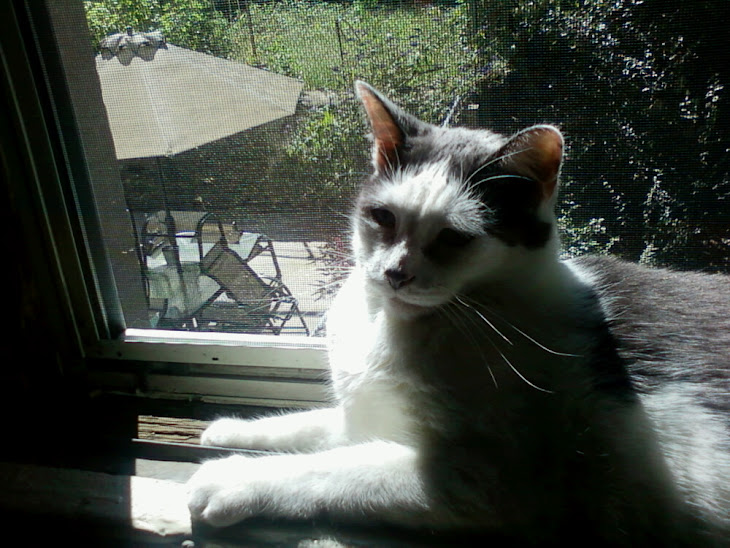Last year, I ended the year with a tour d'horizon of the blog's themes for 2012.
This year, though, has had a stochastic feeling about it. It started with our retiring bishop unfolding a fable, and with a tribute to England as my land of lost content.
And then, a truly productive exchange with a reader on the other side of the Anglican divide provided an opportunity to get past party feeling, and remember that those with whom we strongly disagree are often, just like us, striving to do their best. I think these two posts--not because of my writing, but because of the open dialogue my reader's patience and willingness to engage allowed--may have been the high points of the year, at least in the Anglican blogging.
But then, the first of a series of shocks--personal and community--descended. The murder of my classmate, Theresa Gorski, followed swiftly by the beautiful example of restorative justice set by the Grosmaire and McBride families, among others, taught me that the diaconate involves engagement with people at their very worst and very best--and that the emotional toll of trying to achieve forgiveness is incalculable, while necessary to allow for growth and redemption. It's a big ministry, and not to be undertaken lightly. That's been a theme this whole year, and continues to be.
As has our rampant and continuing lunacy on guns. We love 'em. Really.
I kept up on the Catholic Church sex abuse scandal--which even included some good news for a change, and on our increasingly lawless Supreme Court, which capped its year by eviscerating the Voting Rights Act, and, in so doing, arrogated to itself power as the only branch of government entitled to deference. And sometimes even did a little justice.
We had sad catblogging and happy catblogging.
We looked at the othering of the poor and the imp of the perverse; the increasing lunacy of our politics, leading me to take a step back, and look to deeper, more important themes of life.
And Who-age; lots of Who-age; did you know there was an anniversary for Who, and that I quite liked it?
Perhaps the biggest news on a personal front was my foray into creative writing, which has been moving swiftly ahead, and enjoyably ahead. And that I think it may be ready to go in the New Year.
And theater reviews. That one got me retweeted by Julius Caesar herself:
Check out last para : MT @JohnJwirenius @francesbarber13 Today's performance of Julius Caesar truly outstanding http://t.co/7Myzrzw5o7”
— francesbarber (@francesbarber13) October 13, 2013(And how cool is that, I ask you?)
And we had book chats and book gloats, and--well, the usual. Including for once the unusual--thanks for all the Thousdandth men and women in my life. You honor me with your friendship.
Thanks all who have read and commented this year. I hope you stick around, as 2014 promises to be another year of, well, the stuff you've been kind enough to put up with this far. As the old review says, if you like this kind of stuff, you will like this stuff…I hope...
Happy New Year, one and all.





